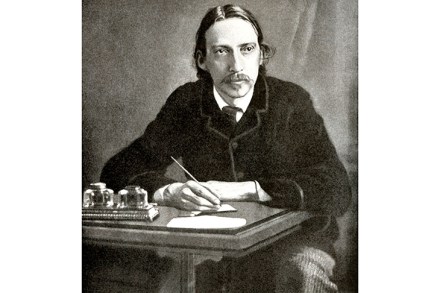Sun, sex and acid: Thom Gunn in California
San Francisco is a fantastic place… it’s terribly sunny… I am having a splendid hedonistic time here… I find myself continually going to marvellous orgies where I meet unbelievably sexy people… I dropped acid for Christmas Day… had sex for SIX HOURS… Then to New York, which I’ve never enjoyed so much… Some of the people I met introduced me to cocaine (one of the people was a singer for a pop group called Looking Glass), and that is a fine drug… Life is such fun here… I had an extraordinary three-way with two guys I met in a bar… I am really pretty happy… I’ve been doing a lot












